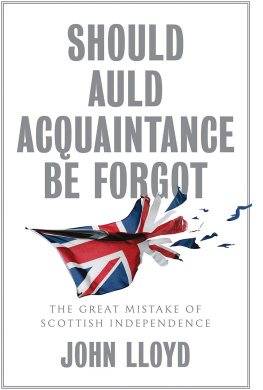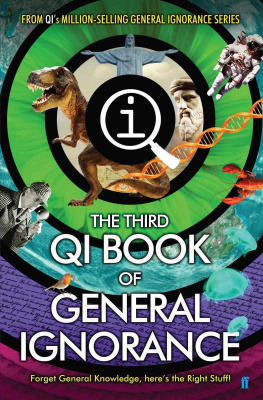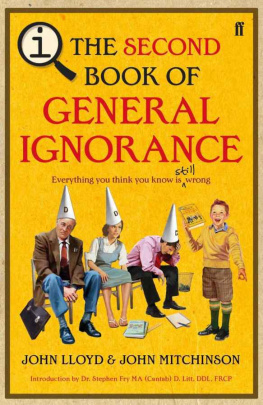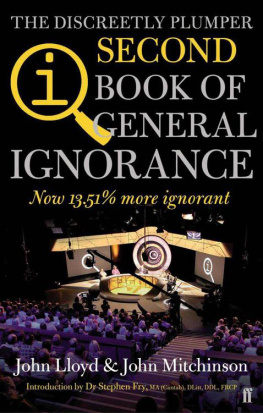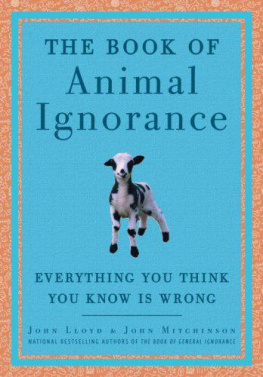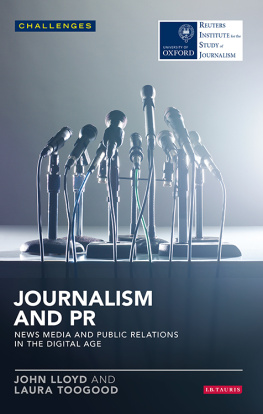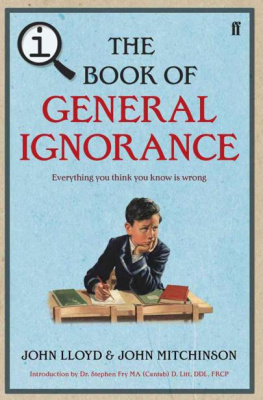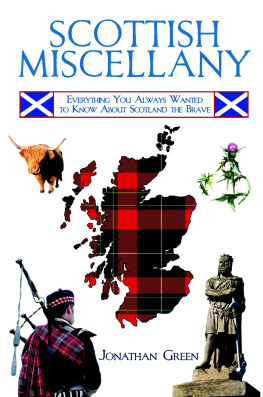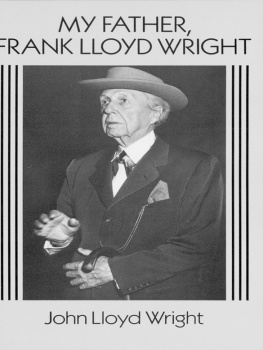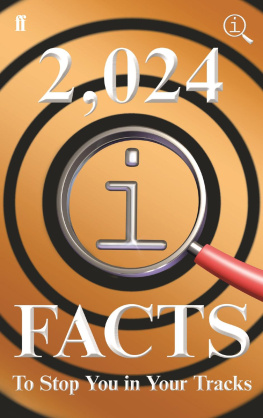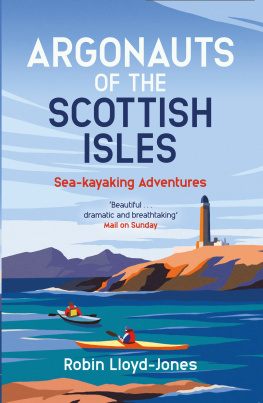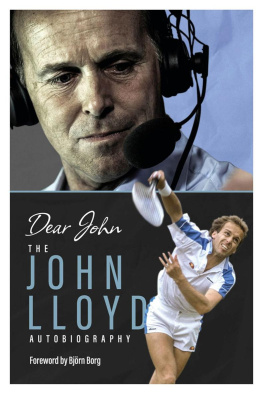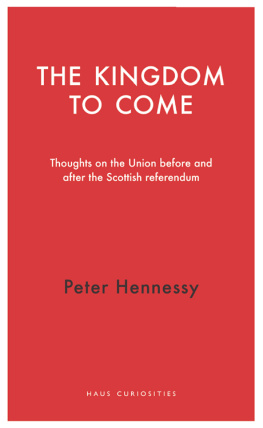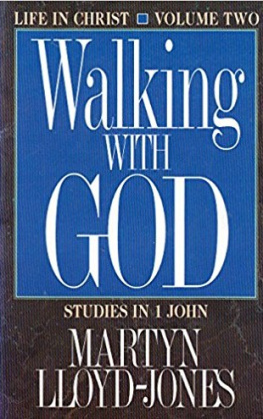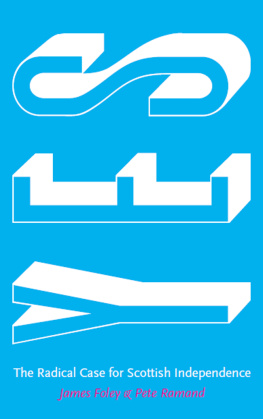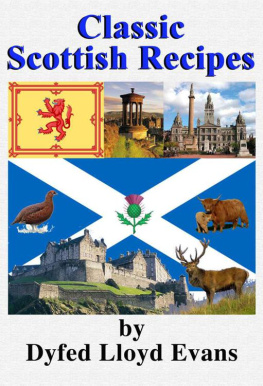John Lloyd - Should Auld Acquaintance Be Forgot: The Great Mistake of Scottish Independence
Here you can read online John Lloyd - Should Auld Acquaintance Be Forgot: The Great Mistake of Scottish Independence full text of the book (entire story) in english for free. Download pdf and epub, get meaning, cover and reviews about this ebook. year: 2020, publisher: Polity Press, genre: Politics. Description of the work, (preface) as well as reviews are available. Best literature library LitArk.com created for fans of good reading and offers a wide selection of genres:
Romance novel
Science fiction
Adventure
Detective
Science
History
Home and family
Prose
Art
Politics
Computer
Non-fiction
Religion
Business
Children
Humor
Choose a favorite category and find really read worthwhile books. Enjoy immersion in the world of imagination, feel the emotions of the characters or learn something new for yourself, make an fascinating discovery.
- Book:Should Auld Acquaintance Be Forgot: The Great Mistake of Scottish Independence
- Author:
- Publisher:Polity Press
- Genre:
- Year:2020
- Rating:4 / 5
- Favourites:Add to favourites
- Your mark:
- 80
- 1
- 2
- 3
- 4
- 5
Should Auld Acquaintance Be Forgot: The Great Mistake of Scottish Independence: summary, description and annotation
We offer to read an annotation, description, summary or preface (depends on what the author of the book "Should Auld Acquaintance Be Forgot: The Great Mistake of Scottish Independence" wrote himself). If you haven't found the necessary information about the book — write in the comments, we will try to find it.
Should Auld Acquaintance Be Forgot: The Great Mistake of Scottish Independence — read online for free the complete book (whole text) full work
Below is the text of the book, divided by pages. System saving the place of the last page read, allows you to conveniently read the book "Should Auld Acquaintance Be Forgot: The Great Mistake of Scottish Independence" online for free, without having to search again every time where you left off. Put a bookmark, and you can go to the page where you finished reading at any time.
Font size:
Interval:
Bookmark:
- Table of Contents
- ii
- iv
- vi
- vii
65 Bridge Street
Cambridge CB2 1UR, UK
101 Station Landing
Suite 300
Medford, MA 02155, USA
Names: Lloyd, John, 1946- author.
Title: Should auld acquaintance be forgot : the great mistake of Scottish independence / John Lloyd.
Description: Cambridge ; Medford, MA : Polity, 2020. | Includes bibliographical references and index. | Summary: An incisive critique of the quest for Scottish independence-- Provided by publisher.
Identifiers: LCCN 2019038609 (print) | LCCN 2019038610 (ebook) | ISBN 9781509542666 (hardback) | ISBN 9781509542673 (paperback) | ISBN 9781509542680 (epub)
Subjects: LCSH: Self-determination, National--Scotland--History--21st century. | Nationalism--Scotland. | Scotland--History--Autonomy and independence movements. | Scotland--Politics and government--21st century.
Classification: LCC DA828 .L55 2020 (print) | LCC DA828 (ebook) | DDC 320.1/509411--dc23
LC record available at https://lccn.loc.gov/2019038609
LC ebook record available at https://lccn.loc.gov/2019038610
Font size:
Interval:
Bookmark:
Similar books «Should Auld Acquaintance Be Forgot: The Great Mistake of Scottish Independence»
Look at similar books to Should Auld Acquaintance Be Forgot: The Great Mistake of Scottish Independence. We have selected literature similar in name and meaning in the hope of providing readers with more options to find new, interesting, not yet read works.
Discussion, reviews of the book Should Auld Acquaintance Be Forgot: The Great Mistake of Scottish Independence and just readers' own opinions. Leave your comments, write what you think about the work, its meaning or the main characters. Specify what exactly you liked and what you didn't like, and why you think so.

